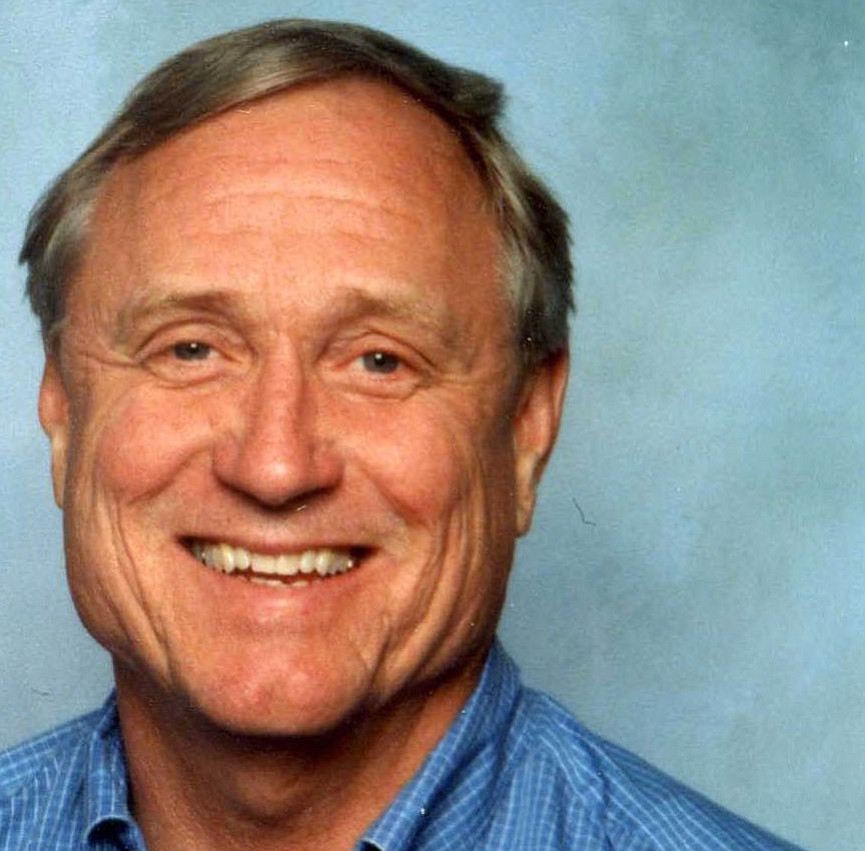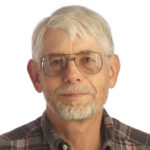People have been dealing with outbreaks for a long time. Even villagers who believe a disease is caused by malignant winds have traditions that help them survive epidemics.
Vancouver anthropologist Barry Hewlett, who researches cultural practices in central Africa, has lent that perspective to the World Health Organization.
It was a new perspective. The Washington State University Vancouver professor was the first anthropologist to be invited by the WHO to help control Ebola outbreaks.
Hewlett said the reaction to an anthropologist on the scene was often along the lines of: “Don’t you work on digs, or something?”
But containing an epidemic doesn’t begin and end with medical science, Hewlett said Friday afternoon during a Chancellor’s Seminar at WSU Vancouver.
“You need to understand communities,” said the anthropology professor, who has been doing field research in central Africa since 1973. He’s made more than 20 field trips to several countries in central Africa and has lived among forest tribes.
His wife, Bonnie Hewlett, also has participated in the research and they wrote “Ebola, Culture and Politics: The Anthropology of an Emerging Disease.”
Hewlett has responded to several Ebola outbreaks in Africa, including one back-country assignment that required a military escort because of rebel activity.
An urban outbreak in Uganda resulted in 425 human cases and 224 deaths. Hewlett said he was asked to find why people were so reluctant to receive medical treatment. They would flee when an ambulance approached.
The World Health Organization had set up an isolation unit for Ebola patients. But the patient area was screened away from public view; people feared that if a family member was taken in for treatment, they’d never see him again. The barriers were modified to provide some visibility.
But that wasn’t the only obstacle. Local residents were spreading rumors that the WHO workers were selling their patients’ body parts. There was a basic distrust of the agency.
We see something similar with H1N1 swine flu, Hewlett said.
“A lot of people refuse vaccination. They don’t trust the government.”
Hewlett also explored some village traditions linked to epidemics. They might have gotten the cause wrong: They attributed the disease to a lack of respect for the spirits of nature, Hewlett said. But many of their disease-control protocols sound familiar.
An isolation site for sick people was established 100 meters away from a village. People who were recovering remained in isolation for one lunar cycle: a month.
Stricken villages were identified, and movement among them was reduced. In some areas, Hewlett said, “People had roads barricaded.”
A survivor of the disease would take care of the sick.
And to increase harmony in the community, all household squabbles had to stop; the focus was on controlling the outbreak.
“Many people had things under control before the World Health Organization got there,” Hewlett said.
Hewlett said he recognizes the danger of traveling to Africa to participate in the fight against Ebola.
“I’m cautious, aware of what I’m doing,” Hewlett said. “There are certain risks. I don’t wear gear, because I don’t want people to run from me.”
Hewlett said he has contracted malaria several times, as well as other tropical diseases.
Barry and Bonnie Hewlett have seven children between them, he added. “We have long talks about, ‘What happens if. …’”
Tom Vogt: 360-735-4558 or tom.vogt@columbian.com.




